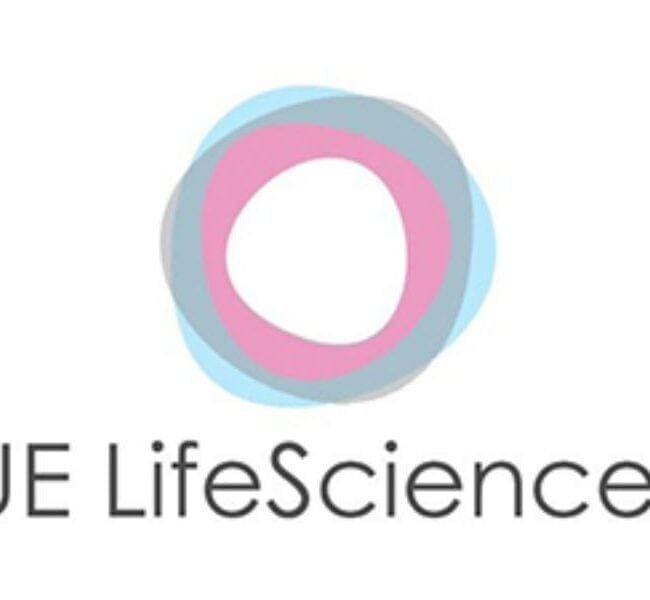
Facebook adds new tools in its repertoire
Facebook has added some cool new tools in its repertoire. Given the role that Facebook now plays in the day-to-day interactive process of so many people, it’s also, logically, going to serve as something of a community tool in times of mourning, and a memorial of sorts to deceased users.
Facebook has provided options on this front for some time – back in 2015, after many user requests, Facebook added a new option which enables people to designate a “legacy contact” who will be given control over their account after their death.
Legacy contacts take over an account once its memorialized, which occurs when family members notify Facebook of a relatives’ death. In such cases, the nominated legacy contact can write a pinned post for the users’ profile, decide who can see and who can post tributes, change who can see posts that the user is tagged in, update the profile picture and cover photo and request the removal of the account.
Now, Facebook’s adding some new tools to help those grieving the loss of a loved one, and protect users from upsetting exposure to relevant notifications and updates.
First off, Facebook’s adding a ‘Tributes’ option for the profiles of deceased users, which can be implemented by a legacy contact.
This is what Facebook had to say regarding the update.
“The new tributes section provides a separate tab on memorialized profiles where friends and family can share posts – all while preserving the original timeline of their loved one. This lets people see the types of posts that are most helpful to them as they grieve and remember their loved ones.”
The option will help users honor the memory of lost friends and family, while also potentially gleaning some comfort from reading the tributes left by others.
Facebook’s also giving legacy contacts additional options to manage the profiles of deceased users.
“Legacy contacts can now moderate the posts shared to the new tributes section by changing tagging settings, removing tags and editing who can post and see posts. This helps them manage content that might be hard for friends and family to see if they’re not ready.”
In addition, Facebook will also now allow parents who’ve lost children under the age of 18 to request to become their legacy contact. Previously, this was not an option – any profile without a legacy contact listed would be locked upon becoming memorialized, while users under the age of 18 cannot nominate a legacy contact.
Lastly, Facebook’s also updating its AI tools to ensure that users are not exposed to notifications relating to memorialized, or soon to be memorialized, accounts – like, for example, seeing their profile show up in event invitations and birthday reminders. Facebook learns of accounts that may soon be memorialized based on user reports – if friends or family members notify Facebook that a user is deceased, its systems will now work to ensure related notifications are not shown, even if the account has not been switched to memorialized straight away.
It’s a sad, but important element of Facebook, given the platform is now used by over 2.3 billion people. Facebook notes that over 30 million people view memorialized profiles every month to “post stories, commemorate milestones and remember those who have passed away”, underlining the role the platform plays in this regard.
Given this, providing additional controls and options is a good move, and one that will help community members heal in the wake of such loss.











